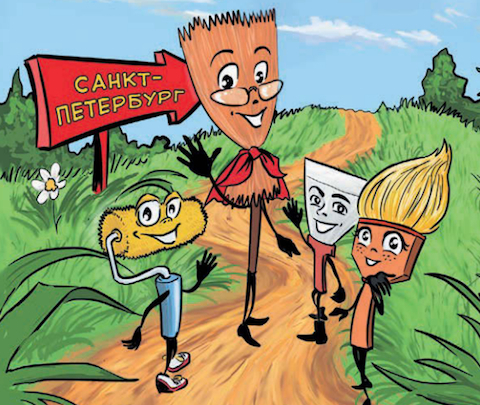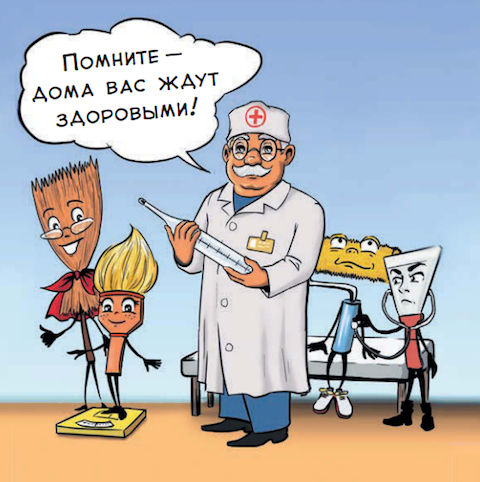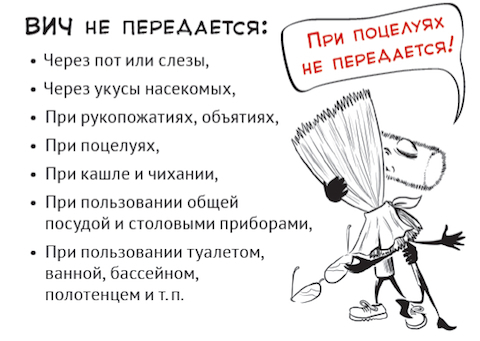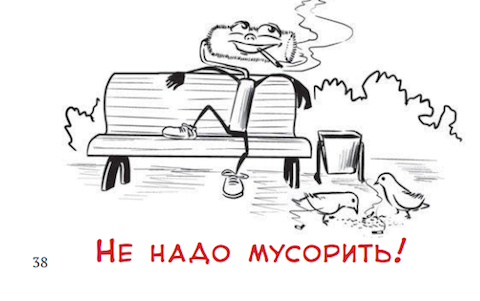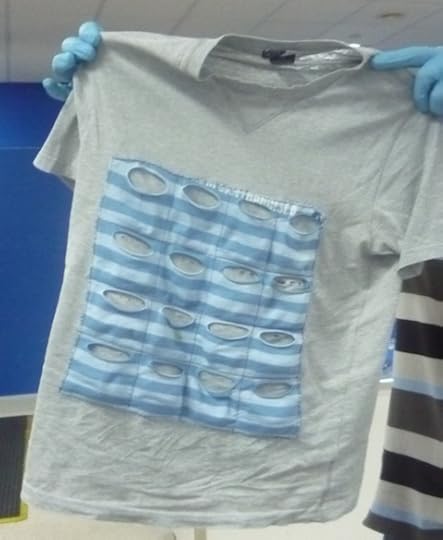Brendan I. Koerner's Blog, page 12
November 6, 2012
Under Siege
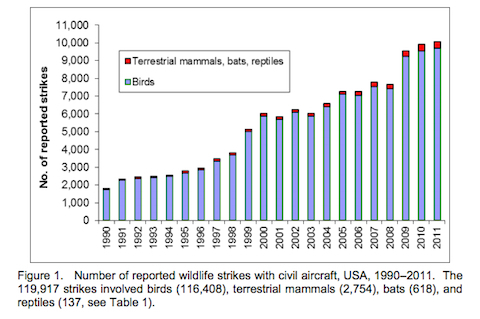
As I spend this Election Day tracking down an amazing/disturbing/tragic tale in the sunbaked flatlands of Los Angeles, I hope y’all are considering which of our aspiring rulers are most equipped to deal with our great nation’s worsening wildlife-strike problem (PDF). If you thought geese and pelicans were the main flesh-and-blood threats to America’s aircraft, the FAA would like to encourage you to think again.
November 2, 2012
Fortress Queens
The situation in Queens is getting a might chippy, as once again both schools and local trains are closed. The enforced isolation would be more tolerable if I wasn’t slated to skip town for a Wired assignment tomorrow. I fear greatly for the sanity of the Grand Empress, who shall be all alone here with rambunctious Microkhan Jr. and the needy Emprette. Please think good thoughts for her, and please check out the Super 8 footage above, from Dushanbe in 1982. I am fasciated by the graffiti-style mural that pops up around the 2:03 mark.
November 1, 2012
Gorilla Jones and His Lions
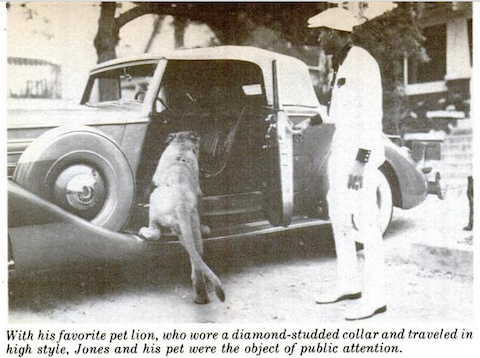
While recently listening to a few selections from Mae West’s misguided rock album, I came across the tale of one of her associates, a middleweight boxer by the name of Gorilla Jones. The exact nature of Jones’ relationship with the famously libidinous West is hard to establish—he has variously been mentioned as her bodyguard, her managee, and one of her long-term lovers. What is known for sure is that West’s money helped fund Jones favorite hobby: collecting lion cubs, which accompanied him virtually everywhere he went. The fascinating Mike Mazurki chips in his recollection of Jones’ feline predilection here:
The father of slick black flamboyancy, [Jones] entered the arena escorted by lion cubs on a leash–lions he caught in Africa with the Great White Hunter, Clyde Beatty. Flying his own airplane in 1931, Gorilla took the only dive in his career, not in the ring but into a barn in Kansas. He lost his pilot’s license, his championship belt, and his eyesight. A year later he regained both his sight and his title, but he never flew again.
A pity that a certain contemporary heavyweight didn’t credit Jones for inspiration when he went parading about with a white tiger. Stylistic flourishes can’t be copyrighted, but credit should be given where credit is due—call it the spirit of Twitter in the realm of exotic-game shownmanship.
Another stellar shot of Gorilla Jones with a feline associate after the jump.
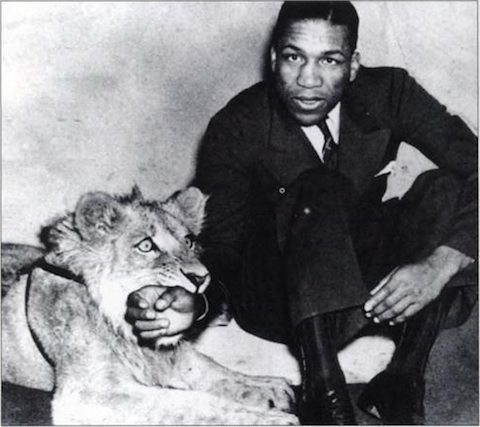
October 31, 2012
Textbook Hardball
As someone who hopes to earn a passable living through scribbled stories, I have taken an unusually keen interest in Guyana’s recent copyright brouhaha. The government of the chaotic South American nation recently had the audacity to declare that it would be purchase all its school textbooks from local pirates, who could offer far better deals than the Macmillans of the world. Guyana backed off a bit when the threat of legal action was raised, but the gambit nevertheless ended up having the desired effect, as big publishing companies were cajoled into offering steep discounts:
Cabinet Secretary, Dr. Roger Luncheon is expected to Wednesday announce that cabinet has offered its no-objection to purchase original textbooks from seven publishers for more than GUY$170 million, Education Minister Priya Manickchand told Demerara Waves Online News.
Manickchand said that while Guyana has been able to obtain a 50 percent reduction from Macmillan and 60 percent from Nelson Thorne, government would still be unable to procure all of the required textbooks. Originally, Macmillan had offered little more than 20 percent discount and Nelson Thorne 30 percent until negotiations were held with senior officials of those companies. “Now we are dealing with the big boys in these companies, they have given us massive discounts, discounts that even had my head spinning,” she said.
In other words, the publishers blinked because they understand how little leverage they ultimately hold over a vast number of nations—or, for that matter, over the international bodies that are supposed to enforce copyright norms. If Guyana had decided to opt for piracy, how much damage could the publishers really have done by pursuing legal remedies? It’s tough to deter the desperate in situations such as these.
October 30, 2012
Sandy Be Not Proud
Though I didn’t realize it when we moved here, the current Microkhan world headquarters occupies a relatively high-altitude slice of Queens. As a result, we suffered little meaningful damage in Hurricane Sandy—certainly nothing that a little spackle, paint, and elbow grease can’t fix. But our hearts break for fellow residents of this vast metropolis who didn’t get off so easy.
I’ll be back for sure tomorrow, once childcare has been arranged and head screwed on straight. In the meantime, enjoy Vin Scully pitching the luxury of mid-1970s air travel. I’m blown away by the fact that Continental used to have on-board pubs.
October 29, 2012
Bad Glue

Hurricane Sandy has yet to hit Microkhan world headquarters with full force, but already there are problems—particularly in the palace’s lavatory, where a plastic skylight appears to be secured with an epoxy several notches weaker than that which magazines use to hold perfume samples in place. Working furiously to prevent a mess of rain and tree rot from entering our humble yurt; back as soon as our protection from the elements is guaranteed.
(Image via Life in Inuvik)
October 26, 2012
Layer by Layer
Out and about today, corralling some killer photos for the next book. Back on Monday with a lengthy exploration of turtle riding.
October 24, 2012
Accept Your Lot in Life
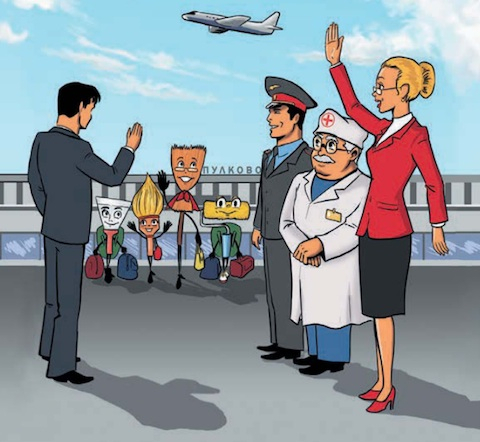
Whoever was in charge of putting together this orientation handbook (PDF) for St. Petersburg’s migrant workers probably had the best of intentions. Yet their decision to portray those workers as mere tools, as opposed to flesh-and-blood humans like the welcoming Russians, was a revealing faux pas. As a Tajik blogger so forcefully put it:
We have been represented as tools, without souls, without bodies, and without culture. This is understandable because it is easier to offend, use, and exploit tools, without feeling a remorse.
More of the bizarrely dehumanizing (yet admittedly cute) images after the jump.
October 22, 2012
The Garments of Egg Smugglers

The fear of detection begets some of the most admirable innovation around, a technological truism proved by the photographic records of Australian Customs. These galleries are chock full of devices that smugglers have used to route around law enforcement, mostly in order to convey drugs from Southeast Asia. But there are also several wearable inventions that are specially designed to harbor illicit eggs, which are in high demand among collectors of rare avian species. The cushioned vest above, for example, was tailored to hold sixteen eggs’ worth of endangered parrots, a haul that could easily be worth in excess of $20,000.
Plenty more examples of egg-smuggling couture after the jump.
Also, be sure to check out the latest Birdcrime report (PDF) from the United Kingdom. The brazenness of British egg poachers should certainly be cause for concern.
October 18, 2012
Joyous Mayhem
The typical peace of Oslo was recently shattered by one of my favorite wedding traditions: the Chechens’ enthusiasm for turning vehicular processions into demolition derbies, as participants jockey for the exalted slot just behind the bride and groom’s car. (More examples here.) Lives are occasionally lost in such a manner, which is why various governments have long tried to regulate the Chechens’ approach to celebrating their kinfolks’ nuptials. But as this account demonstrates, elites would be wise to acknowledge that they must meet the Chechens halfway:
Not long ago the President of Chechnya, Ramzan Kadyrov, ordered shooting at weddings to be restricted: “In these cases the weapons should be confiscated, and those found responsible should be fired from their jobs, if they work in law-enforcement agencies. But if I completely forbid shooting at weddings, it would be wrong. I am not against our traditions, but it is necessary to restrict the shooting. Two or three times, not by means of heavy machine guns, are enough.
Of course, this approach can only work in a society without stringent liability laws. Because those who suffer when those bullets come down have no legal recourse in Chechnya.



